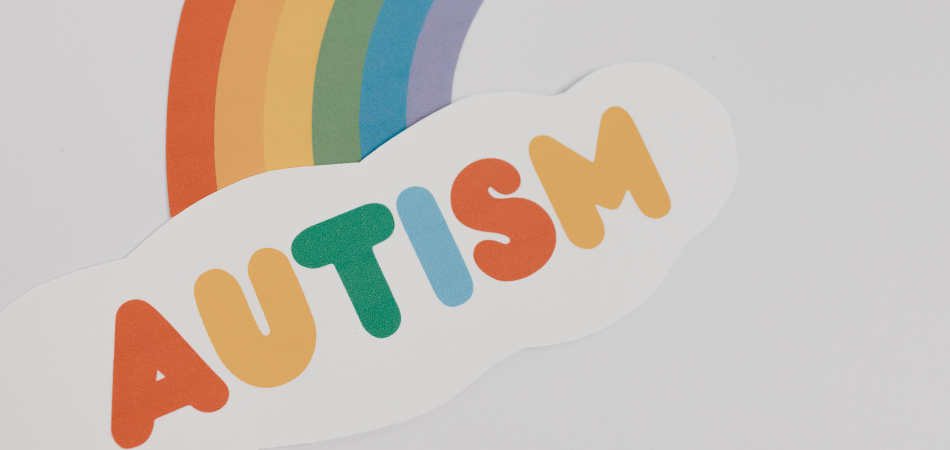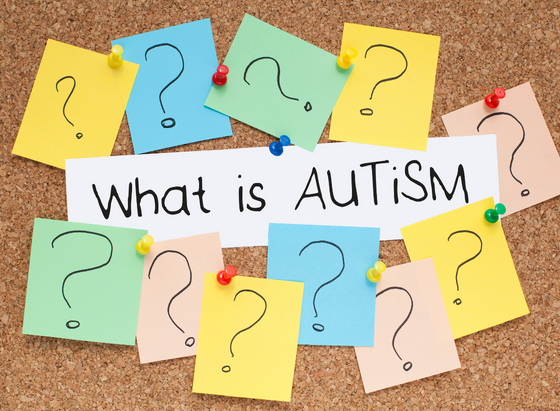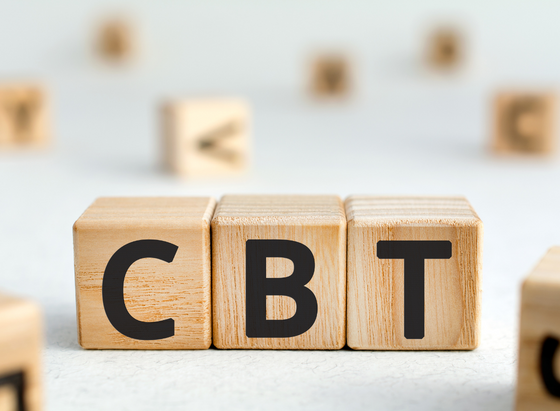Autism and addiction

Written by:
This Page was last reviewed and changed on May 2nd, 2024
Autism, or autism spectrum disorder (ASD), is a developmental condition that people are born with. Modern research considers autism to be a manageable condition that (providing proper support is given to those who need it) doesn’t impede the quality of a person’s life. However, if someone develops an addiction secondary to autism, they may experience great difficulty. Fortunately, treatment for mental health and addiction, such as autism and addiction, is available.

What is autism?
Autism is a condition which affects how individuals communicate and engage with the world around them. Although neurological differences cause autism, it is not a classified illness, meaning that there is no treatment or cure for it. Autism is a spectrum disorder, meaning that a person’s characteristics can significantly differ in each case. For many with autism, drugs and alcohol may be used as a coping mechanism to manage some of the struggles of everyday life. For example, an individual with autism might find it difficult to interact with others in social situations, perhaps using addictive substances as a crutch to become more friendly, which can eventually lead to addiction.
Spotting the signs of autism and addiction
Perhaps you think your autistic loved one is developing an addiction to substances such as alcohol addiction or drug addiction or behavioural addiction like an internet, gambling or gaming addiction. In that case, it’s essential to spot the signs early so they can be treated for dual diagnosis. Look at the Venn diagram below to see if your loved one is struggling with autism and addiction.
Signs of Autism
- They have a hard time coping with bright lights, loud noises or any forms of sensory situations that may induce stress.
- They feel anxious in unfamiliar environments or situations
- They have a hard time relating to how other individuals think or feel
- They struggle when interacting with other people
Signs of Addiction
- They spend most of their time engaging in a specific behaviour
- They only spend time with those who also take substances or abuse alcohol
- They try to conceal their behaviour by telling lies or hiding evidence from others.
- They are irritable if they cannot access the source of their behaviour
- Participating in said behaviour makes them feel euphoric but they feel miserable or irritable when they can’t access it
Dual diagnosis of autism and addiction
- Neglecting work, school, or previous hobbies and passions
- Sudden changes to mood
- Irregular sleeping patterns
- Neglecting personal hygiene
High-functioning autism increases the risk of addiction
Some in the medical community believe that substance abuse is more common in those with high-functioning autism, otherwise known as Asperger’s syndrome, meaning they need little to no support from experts. It is not unusual for those with Asperger’s to turn to alcohol and drugs as a crutch to cope with anxiety or stress. In his book Asperger Syndrome and Alcohol, Matthew Tinsley talks about how his Asperger’s made social interactions uncomfortable to the point where he relied on substances to get through.
Whilst it seems plausible that those with high-functioning autism are more likely to interact socially, they can still feel undercurrents of stress or anxiety. This may put a person with high-functioning autism at a higher risk of becoming dependent on substances and unhealthy behaviours as they’re going to social settings that may involve triggers for addiction.
Other co-occurring disorders may increase the risk of addiction
People with autism are often at higher risk of developing co-occurring disorders like anxiety, ADHD and many others. For example, roughly 20% of people on the autism spectrum have been diagnosed with anxiety, and studies have shown that almost 44% of adults diagnosed with autism also have symptoms of ADHD. It’s likely that people use addictive substances or behaviours as a way of soothing the symptoms of mental health issues. For example, a person may feel socially excluded and anxious, and turn to excessive video gaming for comfort and escape. Conversely, a person with ADHD and high-functional autism may need to abuse substances to help them calm their nerves better in social circumstances.
A person with autism has the same risk factors for addiction as anyone else
Sanctuary Lodge is adamant in its belief that addiction doesn’t discriminate; we believe that a person with autism can develop an addiction for the same reasons anyone else does. Such reasons could be:
- Genetics or previous addiction in the family
- Tough economic factors, such as difficulties acquiring and holding jobs
- Social factors, such as loneliness
- Stress or anxiety induced by a variety of personal or professional environments
- Difficulty adapting to significant life changes such as loss or illness and depression
At our centre, we believe addiction is an illness that can impact anyone, and treat all our clients with the support and understanding they deserve, feeling comfortable to see through their treatment in a judgement-free zone.
Treating dual diagnosis at Sanctuary Lodge
Sanctuary Lodge is built on a team of compassionate and highly trained staff whose primary goal is to keep you safe as you begin your journey toward addiction recovery. We are skilled at treating co-occurring disorders, but it’s important to note that we treat addiction as the primary disorder, meaning that people with autism need to have been diagnosed by a doctor before entering treatment and be comfortable managing their condition. If so, and you want to overcome addiction for good, we can help.
Cognitive Behavioural Therapy (CBT) for autism and addiction
CBT is an innovative psychotherapy treatment that involves awareness of negative or false thoughts that contribute to unhealthy behaviour such as addiction. CBT can help by:
- Improving awareness of existing issues, thoughts and behaviours that contribute to addiction
- Learning new methods of coping with stressful situations or negative thoughts that trigger relapse
- Improving overall self-confidence so a person can relinquish addiction for good
Aside from CBT, we offer a diverse range of treatment therapies to help people combat addiction and provide extra support for living with autism. We proudly take a holistic approach to healing, which has proved to be highly effective.
Reach out to us today
Experiencing the pain of addiction while coping with some of the effects of autism can be exceptionally challenging for you and your loved ones. However, we’re confident that our rehab can give you the tools to free yourself from addiction and better manage autism. So, don’t delay treatment any longer; reach out to us today, and a member of our friendly support team will get you on your way to recovery.




